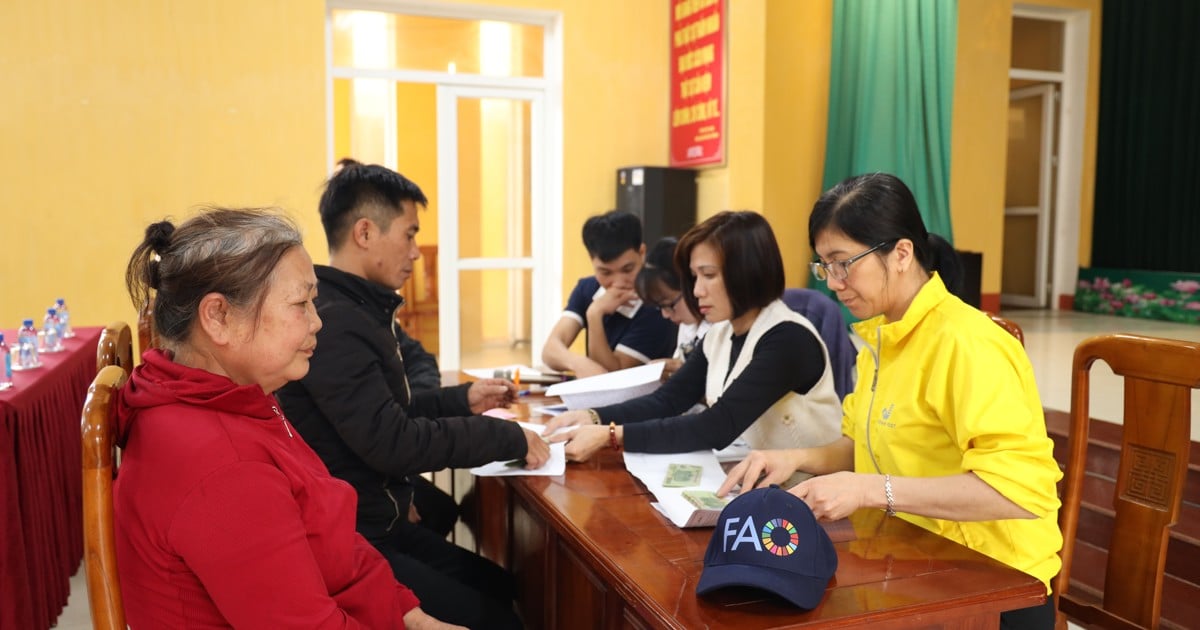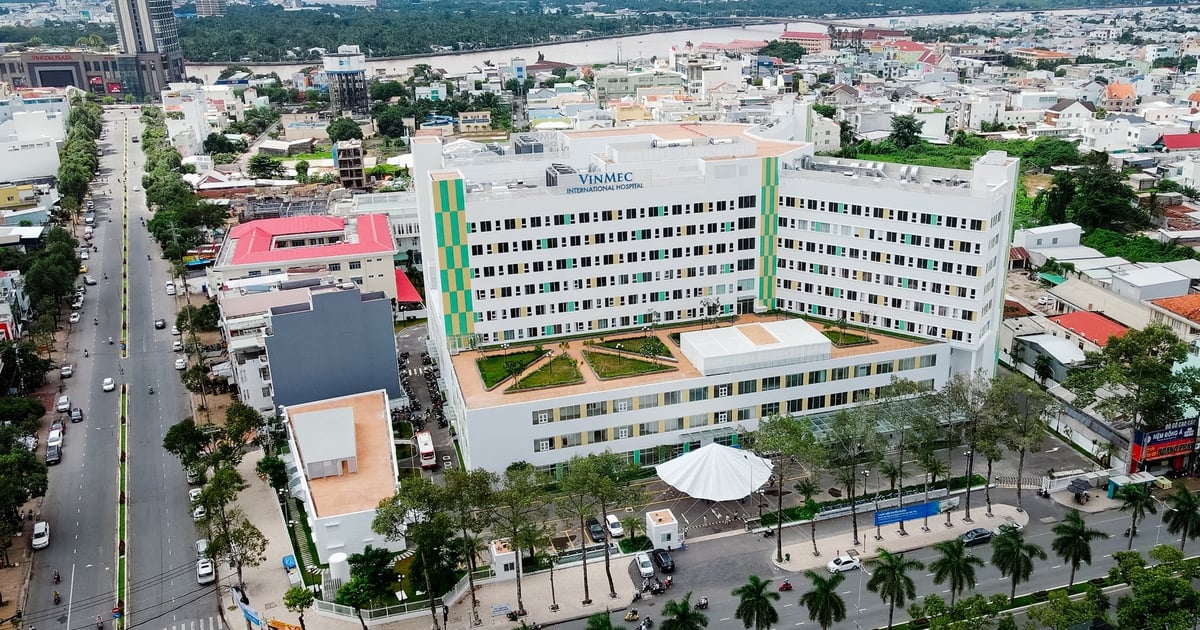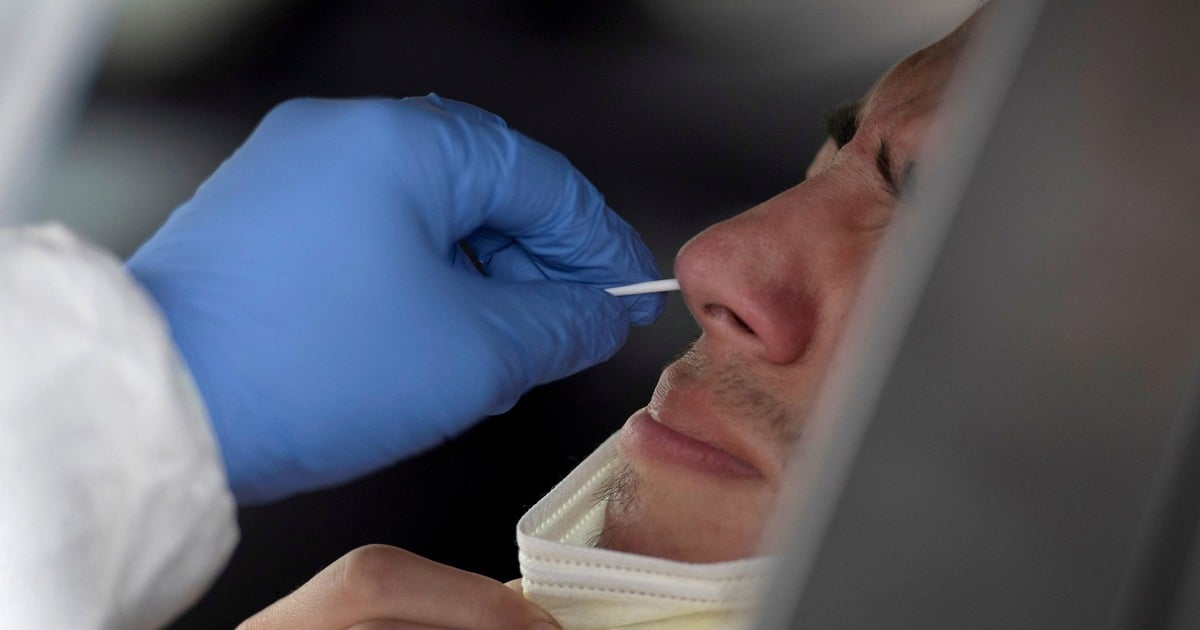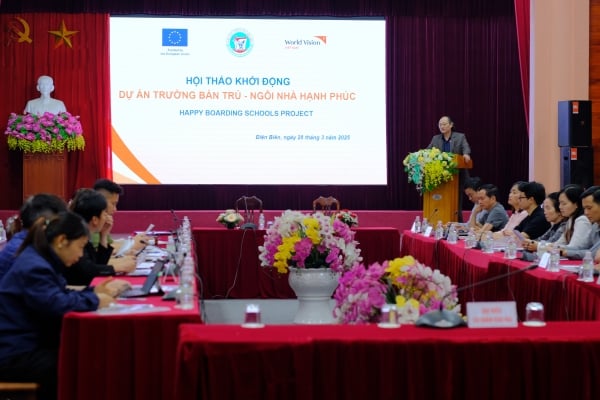Reduce the number of deaths from rabies
This year’s World Rabies Day (September 28) theme is “All for One, One Health for All” inspired by Alexandre Dumas’s famous novel The Three Musketeers . The three musketeers represent a group of individuals who overcome conflict and injustice to achieve their goals, as well as a clear correlation between the fight of stakeholders in rabies control and our collective efforts to eliminate the disease.
Building on the success of the One Health 2022 agenda, “All for 1, One Health for All” is a further step focused on collaboration, equity and strengthening health system capacity.
The global community needs to address health system imbalances and strive to achieve the global target of zero human deaths from rabies by 2030 and the National Rabies Control and Elimination Programme 2022–2030. This event is also an opportunity to remind stakeholders that the fight against rabies is not a one-day event but must be sustained to achieve the ultimate goal of reducing rabies deaths.
The global strategy was jointly adopted by WHO, FAO, the World Organization for Animal Health (WOAH) and the Global Rabies Control Alliance (GARC) in 2018.
In Vietnam, the Ministry of Health, the Ministry of Agriculture and Rural Development, and local authorities, with support from the aforementioned international partners, have been working together to implement the National Rabies Control Program.
Reducing human deaths from rabies has been a key goal and challenge for many countries in recent decades. However, by working together more closely and taking simple steps today to accelerate rabies control, we can ensure the elimination of human deaths by 2030.
Rabies control programs are a prime example of One Health in action by building structure and trust in establishing surveillance systems for zoonotic diseases, including pandemic-prone diseases. Ensuring equitable access to health services and post-exposure prophylaxis for underserved communities not only saves lives but also strengthens national health systems.
With the “Zero by 30” global strategic plan, we have a common goal to eliminate human rabies deaths by 2030. The world now has the vaccines, medicines, tools and technologies to break the vicious cycle of one of the oldest diseases.
“Together, we can eliminate rabies. Leaving no one behind”, this theme further emphasizes the importance of equity and strengthening the overall health system by ensuring that One Health is not just for the few but for all. By collaborating and joining forces across sectors, engaging communities and committing to maintaining dog vaccination, we are a united team working towards the goal of eliminating one disease to bring One Health to all – with rabies being a prime example.
 |
| Strengthening measures to prevent and control rabies. (Source: VNA) |
Strong commitment and equitable access
Dr Angela Pratt, WHO Representative in Viet Nam, stressed the need for a strong commitment and targeting of priority areas to eliminate rabies deaths by 2030. “We must ensure equitable access to vital health services, including pre- and post-exposure prophylaxis for underserved communities. This will help save lives.”
Dr Pratt also reiterated that “close coordination between veterinary, human health and other sectors is essential to ensure effective and efficient management of prevention and control programmes”.
According to Dr. Rémi Nono Womdim, FAO Representative in Vietnam, the One Health program "is increasingly receiving high-level international political support as a sustainable solution to combat threats, including rabies."
Affirming that dog vaccination is the single most cost-effective intervention to protect people from rabies, Dr. Rémi Nono Womdim assessed: "By working together using a One Health approach to increase rabies vaccination rates in animals to at least 70%, we can prevent rabies transmission to humans and accelerate progress towards the goal of zero human deaths from rabies in Vietnam by 2030."
Dr. Lindsay Kim, Director of the Global Health Security Program, US CDC in Vietnam, emphasized the importance of the One Health approach and assured CDC's support in rabies prevention efforts.
“We strongly support the One Health approach, which connects people, animals, and the environment. US CDC is proud to support Vietnam in adopting this approach to eliminate rabies deaths by 2030." US CDC is currently working with the Ministry of Agriculture and Rural Development, especially the Department of Animal Health, and other partners to develop National Guidelines for Rabies Surveillance using the One Health approach.
According to Dr. Myat Htoo Razak, Senior Global Health Security Advisor, USAID Vietnam, “Rabies prevention and control requires multi-sectoral collaboration, especially with the veterinary and public health systems, as well as active engagement with communities to raise awareness about rabies and vaccinate dogs. Advocacy to gain strong political commitment and mobilize financial resources for rabies prevention and control is also important to eliminate human deaths from rabies.”
| Despite some progress over the past 10 years, Vietnam continues to record between 70 and 100 rabies deaths each year. In the first eight months of 2023, there were 61 deaths in 26 provinces, significantly higher than the same period in 2022. Although rabies deaths have decreased significantly in some provinces, they increased in 20 provinces over the five-year period from 2017 to 2021, compared to the period from 2011 to 2016. This highlights the need to learn from past experiences and work closely with local authorities to ensure that mortality rates continue to decline. |
In response to World Rabies Day 2023, the Ministry of Health, the Ministry of Agriculture and Rural Development, the Gia Lai Provincial People's Committee, with the support of FAO, WHO, US CDC, USAID and other organizations, organized a national conference and rally in Gia Lai province on September 27-28 to highlight the common commitment to the goal of "Zero deaths from rabies by 2030", review the results of the National Rabies Prevention Program in Vietnam and discuss opportunities to support increased dog vaccination.
The Government of Vietnam is committed to achieving the goal of eliminating human deaths from rabies by 2030 by reforming the National Rabies Control and Elimination Program 2022–2030. WHO, FAO, USAID, and US CDC reaffirm their continued support to the Government of Vietnam in developing essential policies and mechanisms to reduce rabies mortality; and encourage the Government of Vietnam, particularly at the local level, to prioritize and increase resources for dog population management, dog vaccination, and the provision of post-exposure prophylaxis for people bitten by dogs.
Source





![[Photo] Visiting Cu Chi Tunnels - a heroic underground feat](https://vstatic.vietnam.vn/vietnam/resource/IMAGE/2025/4/8/06cb489403514b878768dd7262daba0b)






















































































Comment (0)